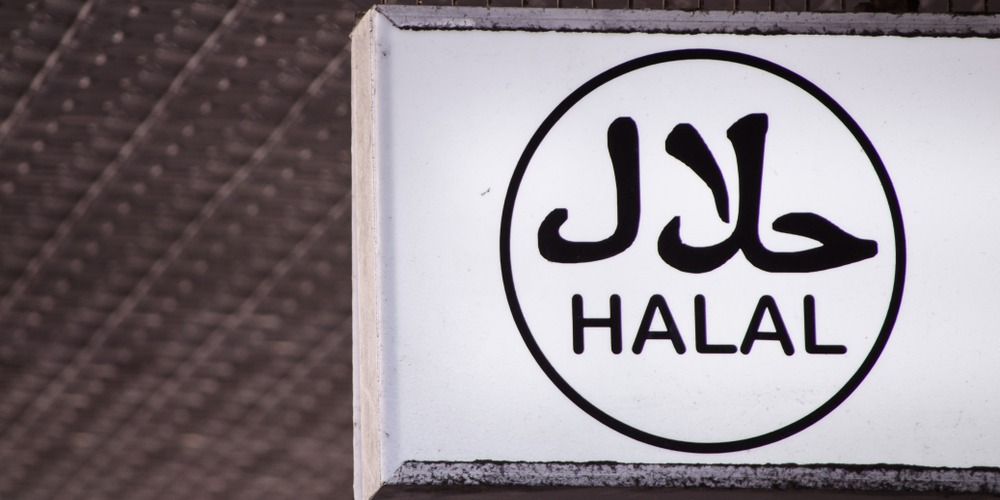SMIIC new 10-year plan aims for uniformity in standardisation, metrology and accreditation
The Standards and Metrology Institute for Islamic Countries's strategic plan 2021-2030 is eyeing uniformity in standardization, metrology and accreditation activities.
The blueprint is to assist the organization achieve its new vision “to create a quality infrastructure that improves economy, welfare and protects” member states, the Organization of Islamic Cooperation body said on June 21.
The general framework will be supported with a two-yearly implementation plan that will outline the actual actions SMIIC will take to achieve its goals and priorities.
“The measurement framework will depend on the key performance indicators (KPIs) which will be tracked over time and used to continually measure our progress,” said Secretary-General Ihsan Övut in the strategy document.
The plan for the next ten years focuses on three strategic goals, including for the OIC body to develop standards that are used worldwide.
SMIIC’s work includes developing standards for member states to eliminate technical barriers to trade. These standards include for halal food, halal certification bodies, halal accreditation bodies, halal tourism, and halal supply chain management systems.
The global halal certification ecosystem is fragmented and key Islamic countries, such as Malaysia, Indonesia, Saudi Arabia and the UAE, use their own halal certification and accreditation. However, these activities have been moving towards a greater degree of harmonization.
Key performance indicators for SMIIC’s 10-year plan include the number of standards adopted and/or implemented by member states, number of programs, and percentage of women experts involved in standards projects.
Salaam Gateway has reached out to SMIIC seeking details on actions to achieve the KPIs, and their timelines.
|
SMIIC 2021-2030 Strategic Plan key points Goal 1: Develop high quality standards that are used worldwide KPIs include: Number of published standards, Number of standards adopted and/or implemented by member states Goal 2: Support members’ needs and ensure effective engagement of their stakeholders KPIs include: Number of surveys, seminars and expo, % of satisfaction degree rate Goal 3: Support the enhancement of quality infrastructure and interconnectivity of members KPIs include: Number of recognized halal accreditation bodies, Number of common projects |
*Correction: Para 8 is amended to reflect that key Islamic countries have their own halal certification systems based on their own requirements, that add to technical barriers to trade.
© SalaamGateway.com 2021 All Rights Reserved
